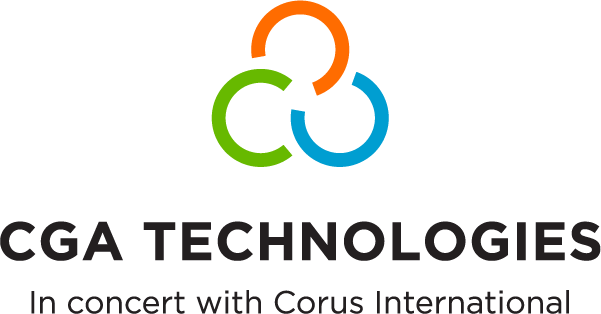Kenya Equity in Education Project (KEEP) II, Girls' Education Challenge
Globally, only 1 in 4 adolescent refugees makes it to secondary school, and for every ten refugee boys enrolled, there are fewer than seven girls. Dadaab and Kakuma in Northern Kenya are two of the world’s largest refugee settlements. In Dadaab, just 7% of girls continue to secondary education compared to 22% boys.
| Country/Region: | Kenya |
| Dates/Duration: | 2017 - 2023 |
| Funded by: | DFID, Girls’ Education Challenge |
| Clients: | WUSC |
The Kenya Equity in Education (KEEP) II, a six-year DFID and GEC funded project (2017-2023), aimed to improve the attendance, retention and performance of marginalised girls in primary and secondary school in Dadaab and Kakuma refugee camps and surrounding host communities.
As part of the project, CGA supported the implementing consortium, led by the World University Service Canada (WUSC), to design and develop IT systems for a Cash Transfers management system for the purpose of delivering conditional cash transfers (CCTs) to marginalised girls who struggle to attend school regularly.
CGA developed a system to manage data securely and efficiently, worked closely with partners to ensure the system mirrors the need on the ground and linked the system with payment service providers (banks and mobile network operators). After completion, the system was handed over to the main project team, who aims to provide financial assistance to more than 2,500 girls and their families through the duration of the project.
Output
We developed keeptransfers.org to track refugees across two camps, allowing us to fast-track money to out of school students during COVID-19 onset. Through our evidence-based advocacy and strong network in Kenya, we were able to convince the Government to use mobile money for the first time.
keeptransfers.org is a password protected information system with a dashboard displaying real-time information about refugee students including who is eligible for cash transfers, who has received them, and other detailed, disaggregated information collected at field level. The system also generates a variety of reports, depending on user preferences.
The system is also set up for users to record feedback received through the grievance redress mechanism (GRM). Recipients of cash transfers can call a hotline and the collected information is reported back to project staff to record into the online systems. CGA is working to integrate into the Cash Transfer tool so that feedback feeds directly into the system.
Expertise
Sectors:
Functional areas:
Team
-

Hannah Graham
Managing Director
-

Philip Lee

